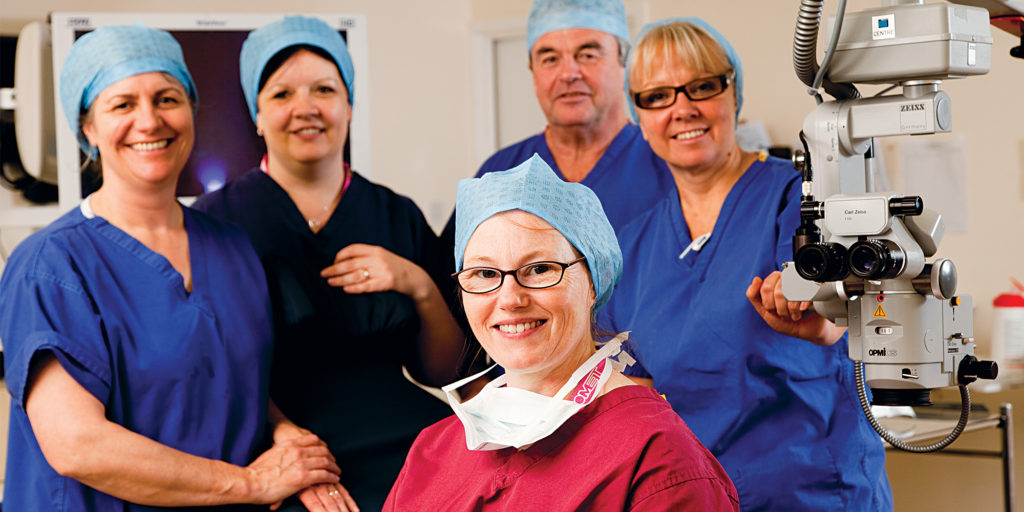

Don’t suffer in silence
Consultant Gynaecologist at Duchy Hospital, Farah Lone discusses the often-taboo subject of female urinary incontinence to give a better understanding and raise awareness of the treatments available.
Urinary incontinence isn’t often discussed publicly, however there are between three and six million sufferers in the UK. Indeed, it isn’t at all uncommon in women. There are a number of myths associated with it, including that it’s due to old age and that pads are the only solution. Reassuringly, Farah Lone says that this is not absolutely correct. “It can be caused by many things including infections, medications, weak bladder muscles, menopause, complications from surgery, or conditions such as diabetes, multiple sclerosis, Parkinson’s disease and problems after having a stroke.”
“There are a number of myths associated with it”
The main types of urinary incontinence are stress incontinence, which is the leaking of urine during exercise or when coughing, laughing or sneezing; urge incontinence, a sudden urge to pass urine; functional incontinence, which means not being able to get to the toilet in time due to physical reasons; overflow incontinence, where urine leaks if the bladder hasn’t been completely emptied; mixed incontinence – a combination of stress and urge incontinence.
A doctor will diagnose urinary incontinence based on symptoms and medical history and will usually carry out an examination. Tests may be arranged, including urine tests for any infections, blood tests, ultrasound of the bladder, cystoscopy examination of the urethra, and bladder pressure and flow measurement.
There are a number of ways to treat the problem, from non-surgical options that include weight loss and avoiding certain foods, drinks and exercises, to taking medication, specialist physiotherapy and, lastly, surgery.
Farah Lone explains: “Being overweight can make some types of incontinence more likely, so weight loss may help. Some food and drink can also increase the chances, including caffeine, alcohol and fizzy drinks. Pelvic floor exercises can help strengthen the muscles around the bladder, while bladder training can help you learn to have longer gaps between visits to the toilet.”
There are also medicines which can be offered for an overactive bladder or mixed incontinence. These can have some side effects, and are usually prescribed by a GP.
Surgery, Farah explains, is offered to women with stress incontinence. These include urethral bulking; mid-urethral sling procedures, and other suspension procedures to the bladder. The details can be discussed by the specialist urogynaecologist.
“The main thing is not to suffer in silence. There are a number of options if you suffer from incontinence and there’s no need to feel ashamed or embarrassed! Speak to your GP and ask to be referred to a specialist, either on the NHS or privately. At Duchy Hospital we offer a private gynaecology service with appointment times convenient to you, consultant-delivered care and en-suite rooms.”
Did you know?
Stress incontinence affects one in five women over 40.
Discover more
Duchy Hospital has a clinical specialist physiotherapist, who offers pelvic floor assessments to enable an effective treatment plan to be prescribed along with relevant lifestyle advice. Call 01872 226105.
"There are a number of myths associated with it"












